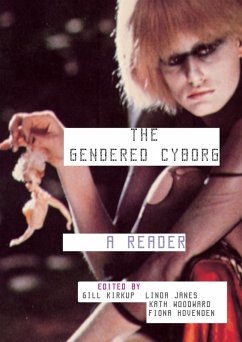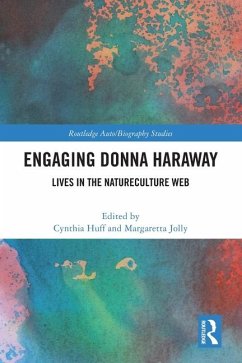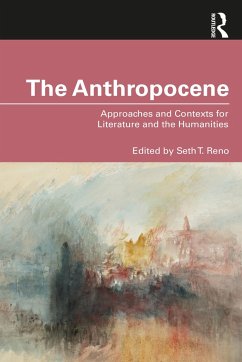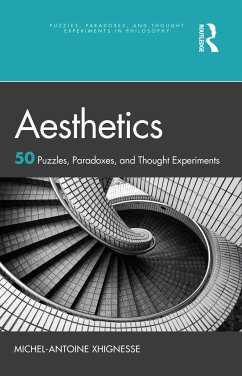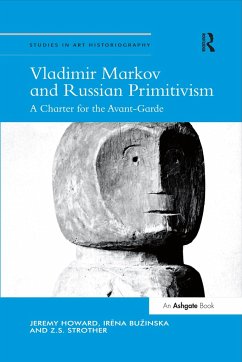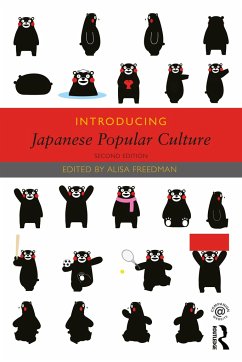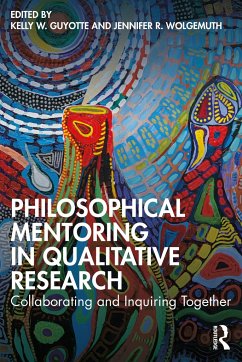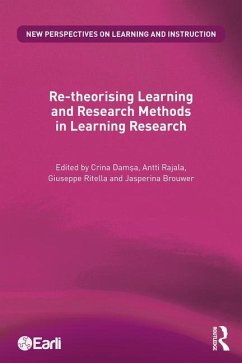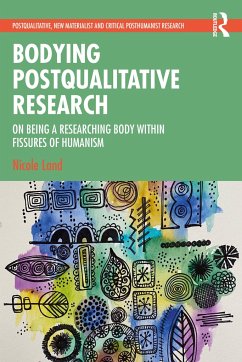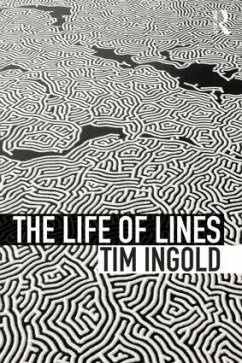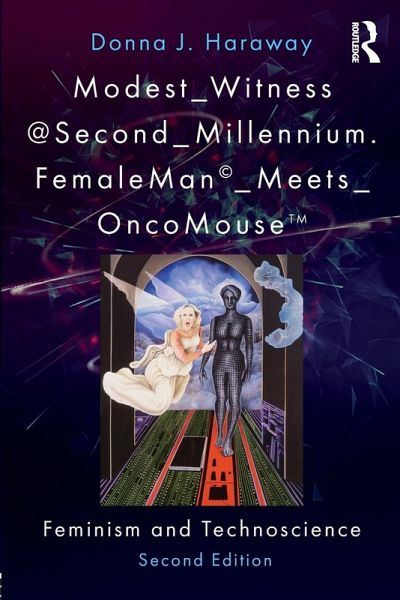
Modest_Witness@Second_Millennium. FemaleMan_Meets_OncoMouse
Feminism and Technoscience
Versandkostenfrei!
Versandfertig in 6-10 Tagen
42,99 €
inkl. MwSt.
Weitere Ausgaben:

PAYBACK Punkte
21 °P sammeln!
One of the founders of the posthumanities, Donna J. Haraway is professor in the History of Consciousness program at the University of California, Santa Cruz. Author of many books and widely read essays, including the now-classic essay "The Cyborg Manifesto," she received the J.D. Bernal Prize in 2000, a lifetime achievement award from the Society for Social Studies in Science.
Thyrza Nicholas Goodeve is a professor of Art History at the School of Visual Arts.
Thyrza Nicholas Goodeve is a professor of Art History at the School of Visual Arts.





